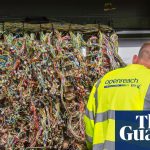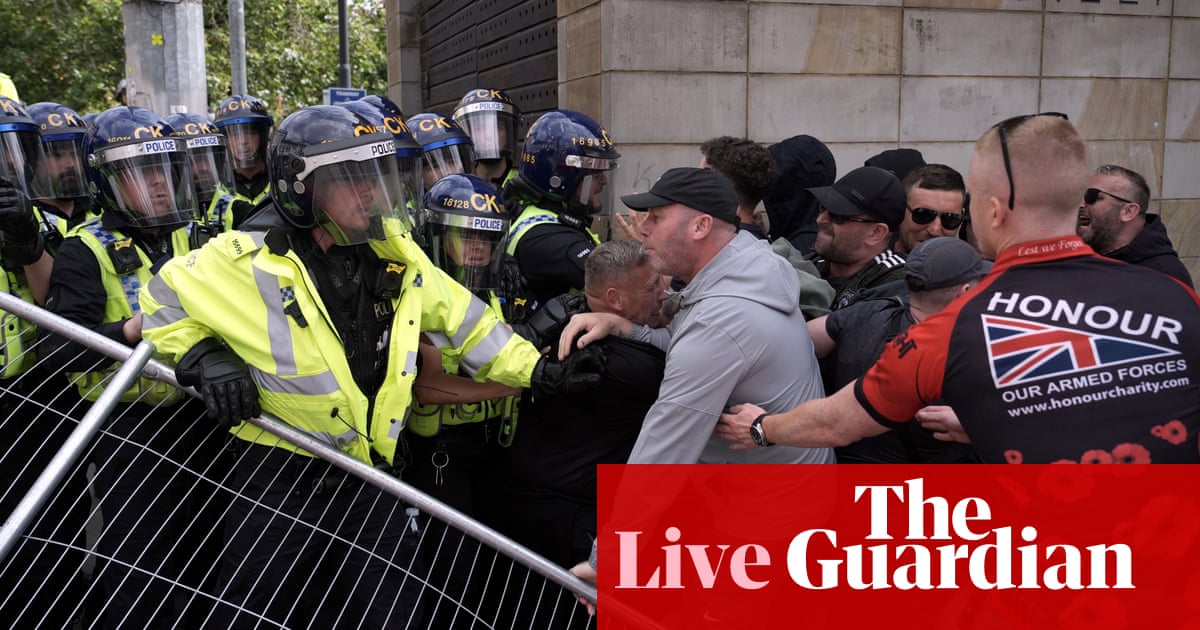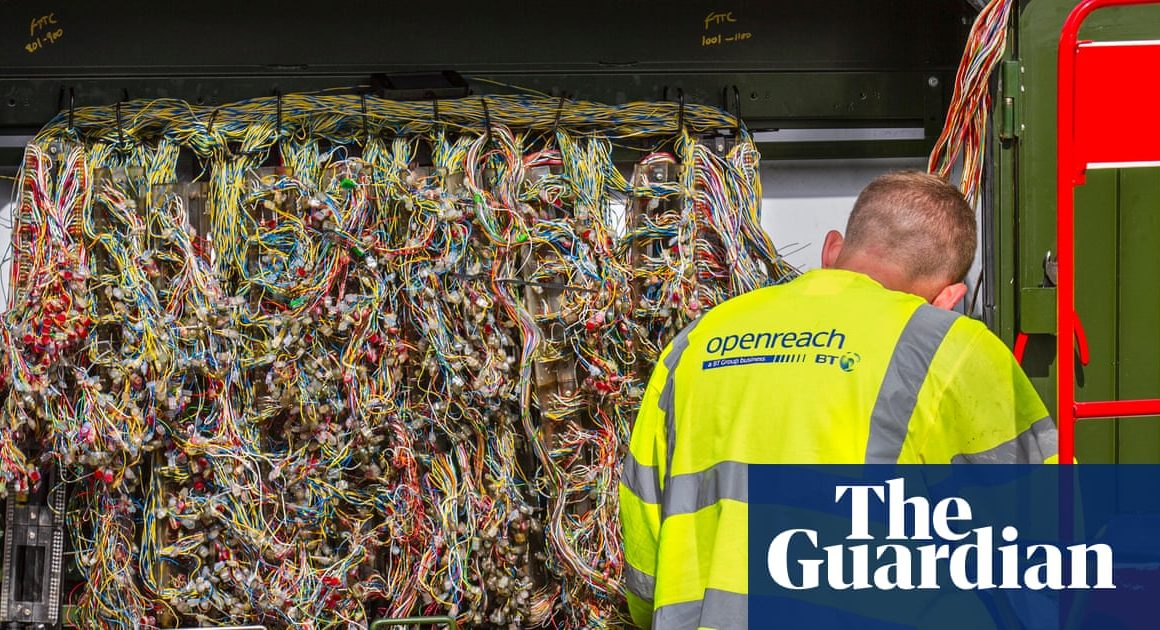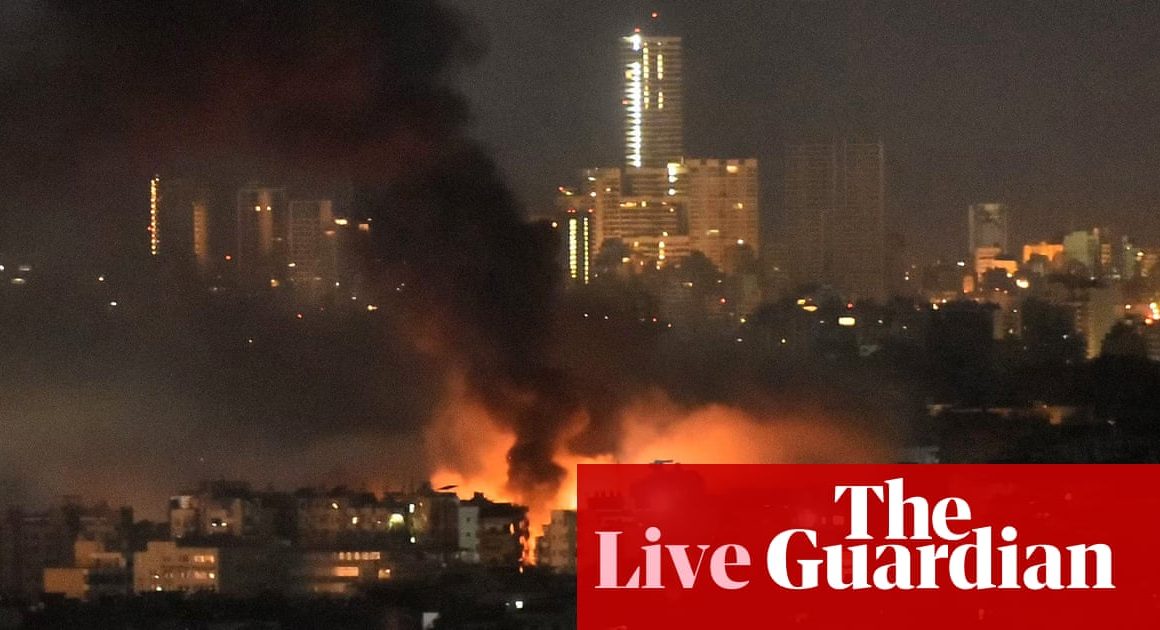Rioting ‘flooding across major cities and towns’ as police brace for more disorder
Multiple towns and cities yesterday across the UK saw clashes between anti-immigration demonstrators and counter-protesters, with police officers attacked and injured, and many more arrests promised.
Dozens of arrests were made after the scenes of disorder, with police warning that further violence is likely in the coming days.
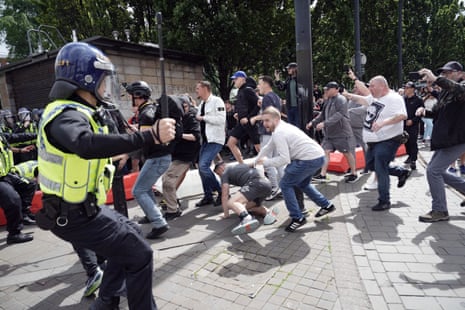
Tiffany Lynch, acting national chair of the Police Federation of England and Wales condemned the recent rioting and violence against police. She told BBC Breakfast:
It is an abhorrent, senseless act of violence against our police officers, towards our public buildings who are there to serve the community.”
[These acts are those of] a small minority and it doesn’t represent the community of Great Britain. It is absolutely abhorrent.”
She added:
We’ve had riots and clashes of this nature, but they have been pocketed in particular areas of the country. We’re now seeing it flooding across major cities and towns.
We’re seeing officers that are being pulled from day-to-day policing to … go out there and essentially protect our communities.
But while that’s happening, the communities that are out there that are having incidents against them – victims of crime – unfortunately, their crimes are not being investigated.
We’re not going to be able to attend all of the incidents that are coming in on the 999s because we’re having to direct the priorities of what’s happening on the streets.”
Key events
Campaign group, Stand Up to Racism, has shared a picture of a counter-demonstration taking place outside Lancaster town hall today. On X, the group wrote:
Lancaster says refugees are welcome here. Fascists are not.”
According to its website, Stand Up to Racism have organised at least seven unity rallies and counter-protests today. They are scheduled to take place in Birmingham, Bolton, Cardiff, Derby, Lancaster, Rotherham and Weymouth.
The PA news agency has more detail on the cafe and supermarket destroyed by fire in South Belfast (see 9.30am BST) after violent disorder:
Bashir, who did not wish to provide his surname, and his staff were removing remaining stock from his grocery store, which was set alight on Saturday night. The front and inside of the business were extensively damaged.
He said he had been in business for three years and this was the third time he had been targeted.
The business owner was clearly emotional when asked about his reaction to the attack on his shop. He said:
How do I feel? I can’t describe it, empty mind, we couldn’t even sleep [last night], the words, I can’t even describe what has happened to be honest.
There is no message for people like this. When people do this, when people do something like this, you think they will accept the message?”
Across the road from the supermarket, a cafe seemed to have been completely destroyed by fire. The sign on the Bash cafe offers Arabic coffee and falafels. Windows were broken at the business and the interior was extensively damaged by smoke and fire.
There was evidence of a number of fires on the road, with bins and some vehicles burnt out. The Northern Ireland Fire and Rescue Service said it had attended a shop and a cafe on fire on Donegall Road on Saturday night. It said the cause of both fires had been determined as deliberate.
Stormont leaders including first minister Michelle O’Neill, deputy first minister Emma Little-Pengelly and justice minister Naomi Long have condemned the violence in Belfast.
Northern Ireland must always be a place that protects the right to protest, the right to have a view and to express it.
Let’s be VERY clear – violence is not acceptable. It never was and it is not now. No one, NO ONE, has the right to express hate and violence. Stop it now.
— Emma Little-Pengelly BL (@little_pengelly) August 3, 2024
Northern Ireland secretary Hilary Benn praised the police for their response to the unrest.
DUP MLA Edwin Poots said many of those involved were not from south Belfast.
He said:
The violence witnessed in south Belfast is totally wrong and unacceptable. Many of those engaged in the violence are not local and many in the local community are expressing their unhappiness at the rioting.
People are angry and frustrated. Over the course of the last year councillor Tracy Kelly and I have raised many issues affecting communities in south Belfast, which government bodies have largely ignored.
Acts of violence and destruction of the area which we are trying to get investment into is totally counterproductive.”
Clean up begins in Belfast after night of rioting leaves cafe and supermarket damaged by fire
A cafe and a supermarket in south Belfast have been badly damaged by fire after attacks which followed rioting in the city.
A number of cars were also burnt out as the police attempted to deal with the disorder in the Donegall Road area which lasted several hours on Saturday night and into Sunday morning, reports the PA news agency.
Firefighters were also at the scene dealing with a number of deliberate fires.
On Sunday morning the clean up had begun. Supermarket manager Bashir’s business was extensively damaged by fire. He told the PA news agency that the Islamic community was being targeted.
He said:
People attacked this place, racism against Islam and Muslims, especially the Muslim community.”
He added:
All of that happened and the police did nothing, I am telling you the truth. What kind of police are letting the people burn everything down?”
The violence on Saturday night followed unrest earlier in the day after businesses were attacked when an anti-immigration rally moved through the city.
Police mounted a significant security operation during a lengthy confrontation between the group and those taking part in a counter-demonstration at Belfast city hall during which fireworks and other missiles were thrown.
According to the PA news agency, people taking part in the anti-Islam rally then travelled towards the university area of the city where there were clashes with residents of the Lower Ormeau area. A business was attacked in the Botanic area of the city and windows were smashed at a hotel.
The Police Service of Northern Ireland (PSNI) said they were treating reports of criminal damage as hate crimes and had made two arrests.

Robin McKie
A key factor in this spread of online disinformation involved Elon Musk’s decision to allow rightwing activists such as Tommy Robinson back on to his social media platform X, said Joe Mulhall, director of research at Hope Not Hate, the anti-fascism organisation. “The initial disinformation and anger was being perpetrated by individuals on Twitter, for example, that have been previously deplatformed,” he said. “And now they’ve been replatformed.”
Robinson was permanently banned from the platform (then called Twitter) in March 2018, then reinstated in November last year, after Musk bought it. “We hadn’t seen any significant numbers at any demonstrations since 2018,” Mulhall added.
An example of the danger posed by the misuse of social media was revealed in Stoke-on-Trent, where police were forced to deny there had been a stabbing, countering claims made on social media. “There is growing speculation that a stabbing has taken place as a result of the disorder today. We can confirm this information is false and no stabbings have been reported to police or emergency responders, despite videos fuelling speculation on social media,” police said.
The danger of such intervention was stressed by Ben-Julian “BJ” Harrington, the National Police Chiefs’ Council lead for public order, who condemned social media disinformation as a cause of last week’s disorder.
He said:
We had reports today that two people had been stabbed by Muslims in Stoke – it’s just not true. There’s people out there, not even in this country, circulating and stoking up hatred, division and concerns in communities that they don’t care about, don’t know and don’t understand.”
Speaking to BBC Breakfast, Tiffany Lynch from the Police Federation of England and Wales said on intelligence:
We have our intelligence officers out there [in the community].
What we also have is disinformation across social media, which obviously needs to be addressed quickly.”
On violence against police, she said:
We saw at the very start of this week … the tragic horrific killing of three young children and the injured children … a day of reflection quickly turned into horrific violence, and towards police officers that are there to protect everybody.
We will continue keeping up this policing for as long as it takes. We need it to stop, and we need it to stop immediately. We will mobilise immediately. We are 24/7, 365 days a year. We need the public to get behind the police, to get behind the call for this to stop.”

Robin McKie
On Saturday bricks were hurled at police officers in Stoke-on-Trent, fireworks were thrown amid tense exchanges between an anti-Islamic group and an anti-racism rally in Belfast, and windows of a hotel which has been used to house migrants were smashed in Hull, where three police officers were injured and four people arrested. Later video footage on social media showed shops on fire. Several officers were also injured during “serious disorder” in Liverpool city centre, where bricks, bottles and a flare were thrown and two officers needed hospital treatment and six arrests were made. Greater Manchester police said a dispersal notice had been authorised for the city centre. Scuffles broke out as opposing groups faced each other in Nottingham’s Old Market Square with bottles and other items thrown from both sides.
About 150 people carrying St George’s Cross flags, shouting “you’re not English any more” and “paedo Muslims off our street”, were greatly outnumbered in Leeds by hundreds of counter-protesters shouting “Nazi scum off our streets”. Skirmishes broke out between demonstrators and punks – in town for a festival – in Blackpool, with bottles and chairs thrown.
In Bristol, police kept protesters and counter protesters apart before a group headed to a hotel used to house asylum seekers.
The need for urgent political intervention was stressed by the government’s independent adviser on political violence and disruption, Lord Walney, who told the Observer that new emergency powers may be needed. “The system isn’t set up to deal with this rolling rabble-rousing being fuelled by far-right actors,” he said.
“I think Home Office ministers may want to look urgently at a new emergency framework – perhaps temporary in nature – that enables police to use the full powers of arrest to prevent people gathering where there is clear intent to fuel violent disorder.”
Technology secretary discussing misinformation with social media companies, says Home Office minister
There is “no need” to bring in the army to deal with unrest in parts of England, Diana Johnson said.
Asked whether the government would draft in the military to help respond, the Home Office minister told BBC News:
There is no need to bring in the army and there has been no discussion about that.
As I say, the police have made it very clear that they have all the resources they need at the moment … they have the powers that they need.”
Technology secretary Peter Kyle has been having discussions with social media companies about misinformation spread online, Johnson said.
“Obviously we need to do more because you’re absolutely right there has been that spread of misinformation which has caused problems this week,” she added.
The government has been “reassured” that police have the resources they need to deal with disorder in parts of the UK, a Home Office minister has said.
Asked whether enough was being done to tackle the unrest, Diana Johnson told BBC News she wanted to send “a very clear message” that those involved would be brought to justice.
It comes as the Police Federation voiced concerns that officers may not be able to attend other incidents as they scramble to respond to the widespread disorder.
“We have been reassured that the police have the resources that they need to be able to deal with what’s happening at the moment,” Johnson said.
She added:
They have longstanding plans in place for mutual aid if they need to put extra police officers into certain parts of the country. We are certainly not hearing that things like 999 calls are not being answered.”
The policing minister insisted there would be “penalties and consequences” for criminal disorder and it would “not be tolerated.”
Rioting ‘flooding across major cities and towns’ as police brace for more disorder
Multiple towns and cities yesterday across the UK saw clashes between anti-immigration demonstrators and counter-protesters, with police officers attacked and injured, and many more arrests promised.
Dozens of arrests were made after the scenes of disorder, with police warning that further violence is likely in the coming days.
Tiffany Lynch, acting national chair of the Police Federation of England and Wales condemned the recent rioting and violence against police. She told BBC Breakfast:
It is an abhorrent, senseless act of violence against our police officers, towards our public buildings who are there to serve the community.”
[These acts are those of] a small minority and it doesn’t represent the community of Great Britain. It is absolutely abhorrent.”
She added:
We’ve had riots and clashes of this nature, but they have been pocketed in particular areas of the country. We’re now seeing it flooding across major cities and towns.
We’re seeing officers that are being pulled from day-to-day policing to … go out there and essentially protect our communities.
But while that’s happening, the communities that are out there that are having incidents against them – victims of crime – unfortunately, their crimes are not being investigated.
We’re not going to be able to attend all of the incidents that are coming in on the 999s because we’re having to direct the priorities of what’s happening on the streets.”



